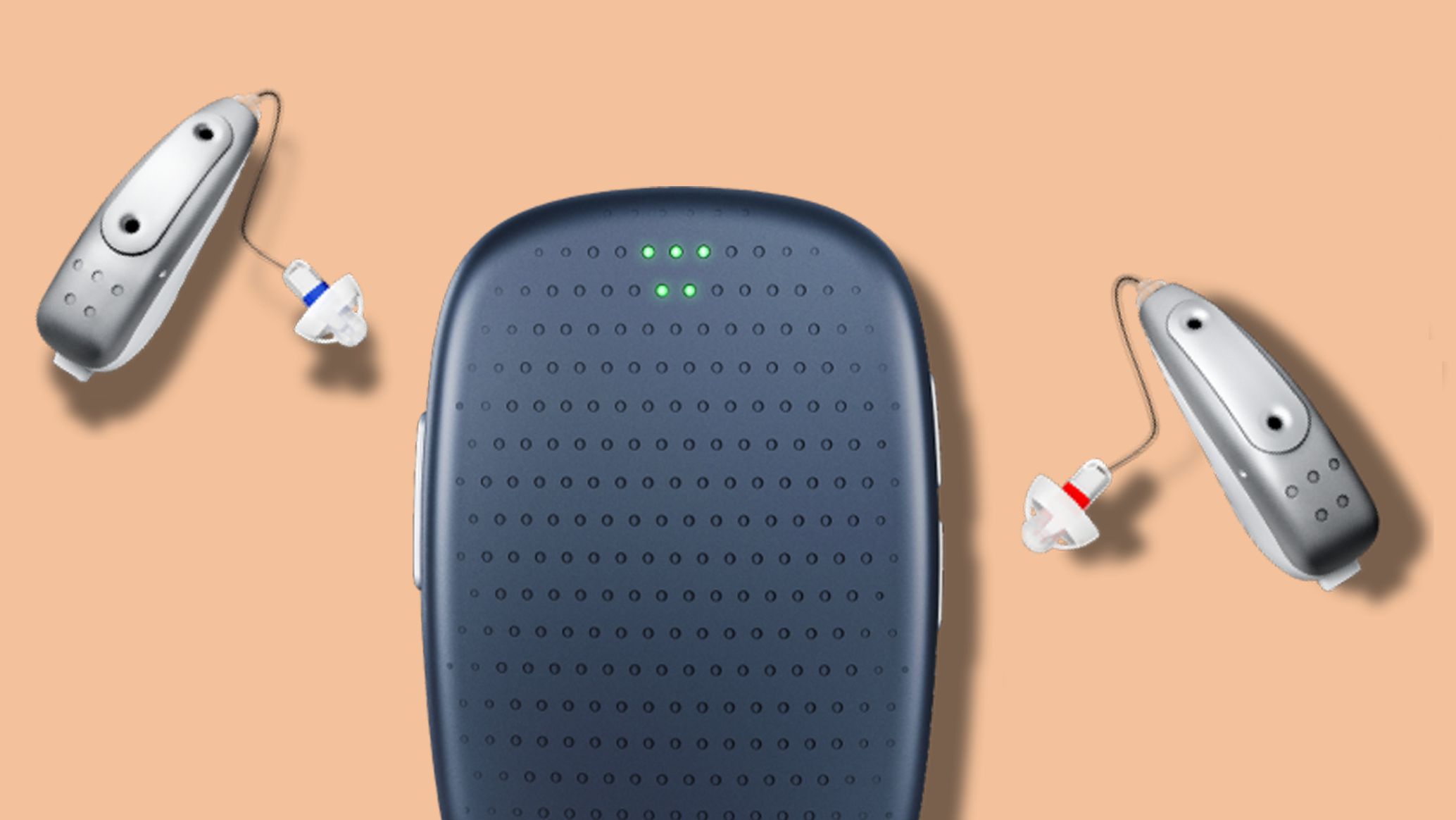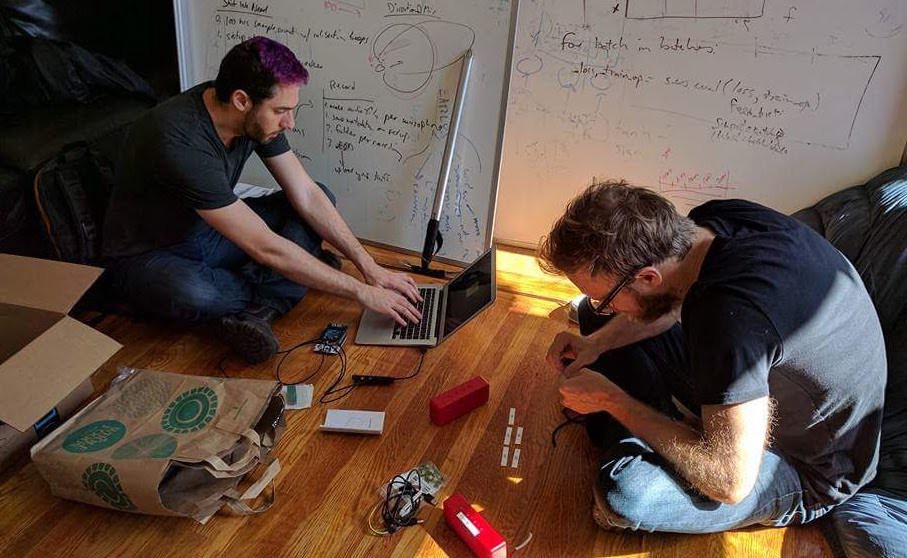Whisper’s AI-powered hearing aid system is making its way to Android

As technology and AI continues to advance in consumer products like smartphones and TVs, that progression also leaks over into other areas, such as medical devices. Whisper is one of those products. The Whisper Hearing System is a hearing aid that uses AI to get better over time. Now, the company has added support for several Android devicesfor the first time.
The Whisper Hearing System is much more than your ordinary hearing aid. The system includes the Whisper Brains, a small AI device that fits right in your pocket and uses what it hears to optimize sound delivery to the system’s earpieces. With smartphone-like processors, the Whisper Brain’s AI is more than capable of using the device’s Sound Suppression Engine to deliver optimal sound at all times.
Another part of the Whisper Hearing System is the system’s smartphone integration. Smartphones help deliver regular system updates that improve the overall performance of the system as it learns over time but those updates were previously only available on iPhone. But that’s all changed now.
The company has begun its integration into the Android ecosystem with several popular devices. As of now, the Whisper Hearing System is available Samsung Galaxy S9, Samsung Galaxy S10, Samsung Galaxy Note10, Google Pixel 3, and Google Pixel 4. This new support will bring Whisper’s regular software updates to millions of more people.
The Whisper Hearing System is available for no upfront cost at all. For $139 a month, you get access to the entire Whisper system, including the Brain, Earpieces, and smartphone app. You also get free regular software updates as the system’s AI improves, and ongoing care from a hearing care professional.
Whisper is looking to take hearing aids to the next level, with its innovative AI and regular improvements through software updates. This Android integration is just the next step in raising the bar for hearing solutions.
Have any thoughts on this? Let us know down below in the comments or carry the discussion over to our Twitter or Facebook.
This article was written by Alex Gatewood for Know Techie.

